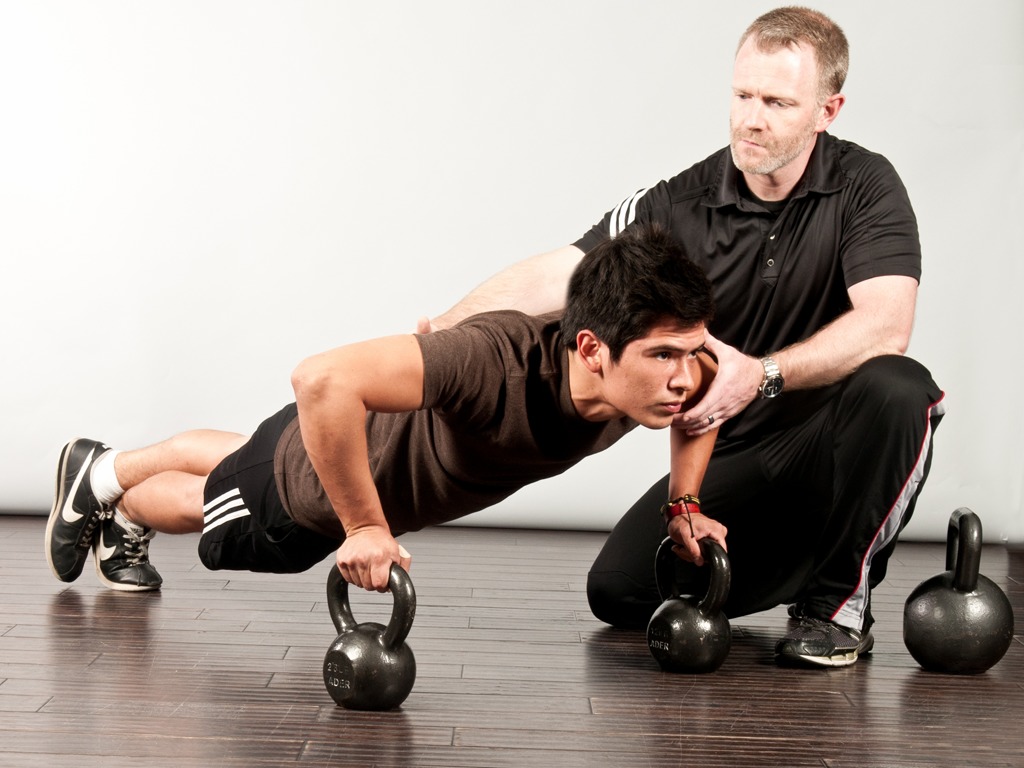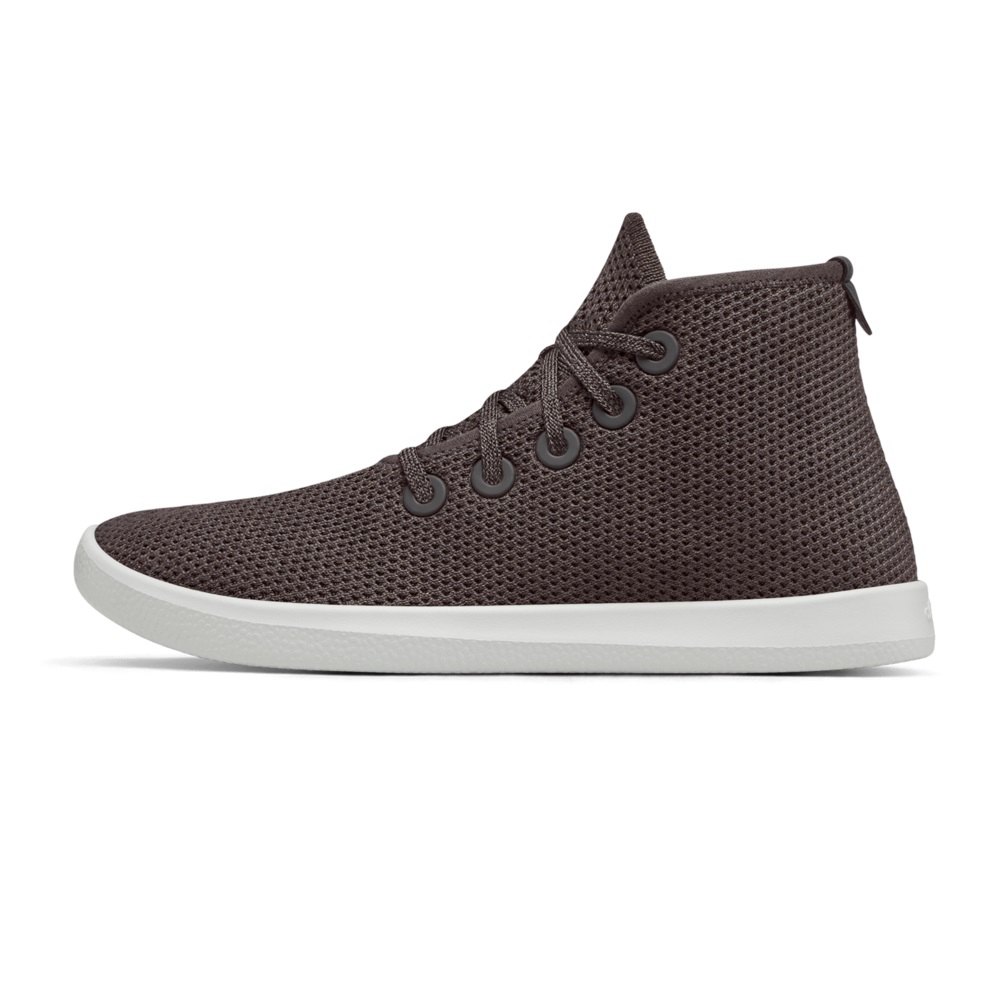
In this article, we'll go over the basics of a beginner dumbbell workout plan. We'll discuss what movements to use, what the correct weight range is, and how to increase your reps. Once you have the basics down, you'll be ready to start weight training. First, let's remember a few important things. It may take six to eight weeks to see visible results from weight training.
Beginer dumbbell training plan
This beginner dumbbell program is a great place to start strength training. This plan is intended to give you a full body workout by using only dumbbells. This type of workout will allow you to target all the muscle groups in a short time. These workouts may be done at your home or at the local gym. Once you get the hang of the exercises, you can add more sets or reps to challenge yourself further.

Compound movements
Complementary movements are multi-joint exercises that target several major muscle groups. These exercises allow you to focus on several muscle groups in one movement and save both time and effort. These exercises can be intimidating for beginners due to the need for coordination and good form. Here are some tips for getting started with these exercises.
Weight range
You can use different weights depending on your fitness level. You can begin with two or three sets of eight to twelve reps, and increase the weight, reps, or sets as you improve. Beginers should be more concerned about form and quality than quantity when doing dumbbell workouts. This means that fewer repetitions of good form is better than too many with poor form.
Reps
Your fitness level and goal will determine the number of reps you can do in a beginner dumbbell exercise. You may be able to do more reps with higher weights and do more sets as you improve. Beginners should begin with eight to twelve reps, and then increase your weight as you gain strength. Beginners should remember to pay more attention to form and quality than quantity. Doing fewer reps with good form is better than pressing through too many reps and causing injury.

Do these exercises
A beginner's routine should start with dumbbell rows, but you must ensure that you use proper technique and the appropriate weight for the exercise. To avoid straining your shoulder, you should start with lighter weights. You can increase the weights as you go. Stand with dumbbells on your hips, and lift them up with your elbows. Stop at the top and squeeze your traps muscles. The dumbbell rows are meant to be performed correctly.
FAQ
How does caffeine impact my sleep?
Caffeine influences how quickly and how well you fall asleep. Caffeine induces drowsiness which makes it easier to fall asleep. But caffeine keeps you awake longer, making it harder to fall asleep again. Try drinking energy drinks and coffee before bed.
What is the significance of healthy nutrition?
Good nutrition is vital for our health. A healthy diet should include fruits, vegetables and whole grains as well as lean proteins, dairy products, and legumes. A healthy diet will help you stay active and fit, which in turn leads to better overall health.
Can exercise help me lose weight?
Yes. Regular exercise can help you shed extra calories and lose weight. Your metabolism will remain high, so you can continue to burn calories even though you're not exercising.
What happens if there isn't enough sleep?
If you don't get enough sleep, your brain doesn't receive the signals needed to regulate hormones and chemicals in regulating appetite and metabolism. This can lead to weight gain and excess eating. Sleep deprivation can also lead to excessive weight gain.
Can I have alcohol at work?
It is important to limit your alcohol intake while you are working out. Moderate alcohol consumption (one drink per week) can help increase endurance during training. It may also reduce fatigue from exercise and muscle aches.
Can I eat while I exercise?
Yes. Yes. Low-calorie snacks like watermelon and carrots, celery apples, bananas, grapes, celery, celery, celery, celery, celery, apple, bananas, and carrots are best. These foods contain nutrients that help you perform better during workouts.
Do I need to eat before working out?
No. It's not necessary to eat anything before you work out. If you feel hungry after working out, it is a good idea to have a light snack like yogurt or fruit.
Statistics
- Adolescent girls were less active than adolescent boys, with 85% vs. 78% not meeting WHO recommendations of at least 60 minutes of moderate to vigorous intensity physical activity per day. (who.int)
- Globally, 28% of adults aged 18 and over were not active enough in 2016 (men 23% and women 32%). (who.int)
- An estimated 110,000 deaths per year could be prevented (cdc.gov)
- One study showed that adults who watch more than 4 hours of television daily had an 80% higher risk of death from cardiovascular disease. (heart.org)
External Links
How To
How to Stay Fit When You're 40
This article guides those who want to keep their body healthy and strong even at 40 years old. It includes basic advice on how you can eat right, exercise regularly, get enough sleep, and take good care of your mind. This article provides tips to help you live longer and be healthier.
-
Eat right - It is important to eat the right food when you are trying to lose weight. You should avoid processed food products. Instead, eat whole foods, fruits, vegetables. If you don't like what you're eating, just add something else to your diet. Don't starve yourself; this won't help you lose weight. Instead, add small amounts more variety to your daily menu. If you eat chicken breast most of the time, try turkey one week. Or if you love pasta, try rice occasionally. Consider including these foods in your daily meals.
-
Exercise - You should exercise at least three days per week. Include cardio activities like running, swimming, biking and dancing. Also, make sure you get enough rest. Aim to sleep 8 hours per night. In addition, make sure you drink plenty of water during the day. Two liters (0.5 gallons), of water should be consumed each day.
-
Sleep Well - Getting adequate sleep is essential to staying fit. According to the National Sleep Foundation adults need 7-8 hours of sleep per day to maintain their optimal physical and emotionally healthy. But most people sleep less than 6 hours per night. You might consider changing your sleeping patterns if you feel tired all day. By changing your sleeping time, you will be able to catch up more sleep. Additionally, try turning off your phone before going to bed so that you can wind down and relax. Avoid caffeine after noon. It can cause insomnia.
-
Take care of your mental well-being - It's important to take good care your mind and keep your body in tip top shape. Stressful situations can lead to poor eating habits and unhealthy lifestyle choices. Stress management techniques such meditation, yoga and breathing exercises are important. You should spend at least one hour each day doing something that you find enjoyable. This could include taking a walk outdoors, reading a novel, listening or watching TV, and playing sports.
These four steps will ensure you live longer. These four steps can help you achieve your fitness and health goals.